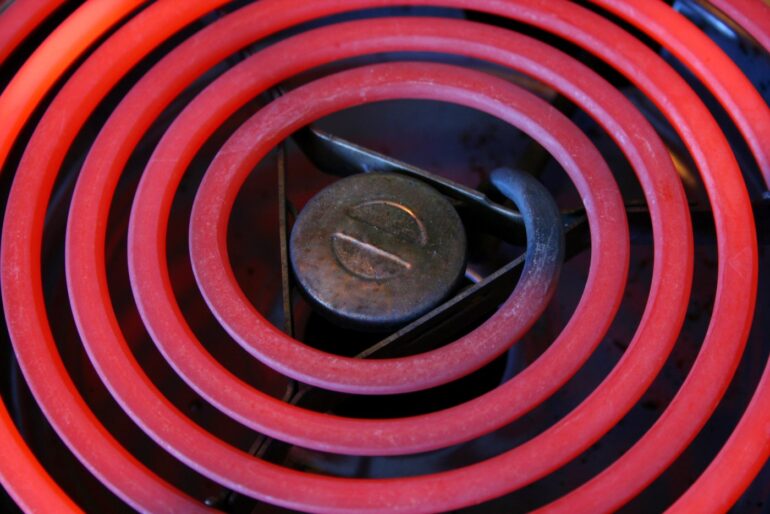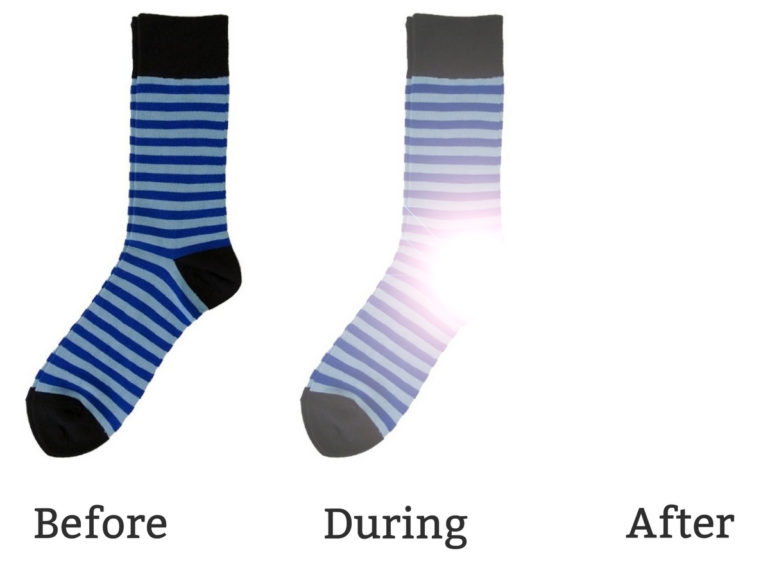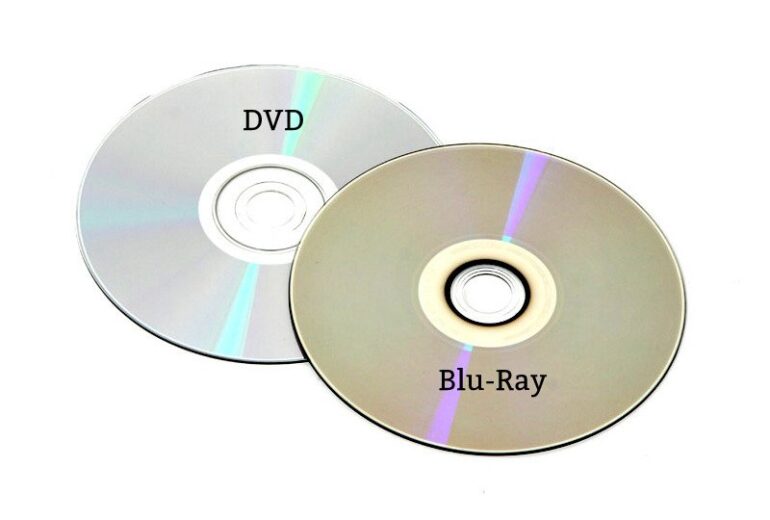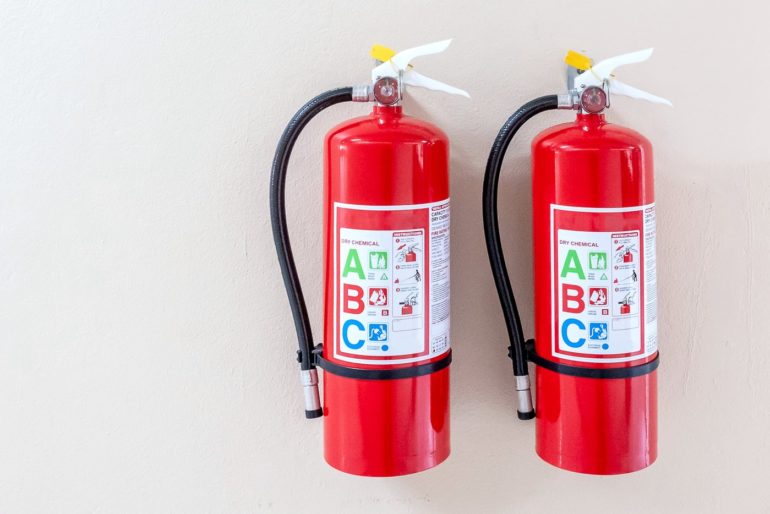What’s the difference between banks & credit unions?
News reports and court cases have led many people to reconsider where they keep their money. So what’s the difference between banks and credit unions?
Bank on it… or not
Many people have started taking a look at who they let hang on to and invest their money, especially after the various bank scandals over the past decade.
Traditionally — unless you are like my grandmother and hide money in various odd locations throughout your house — you probably keep your money in a bank.
Recently, however, credit unions have been surging in popularity. So what exactly is the difference between a bank and a credit union? Well, both hold on to your money for you and offer you easy access to it, but they do differ in some key ways — let’s take a look.
Credit where credit is due
I’m not going to argue one way or another for which is “better,” that’s entirely up to you and your banking needs, but here’s a little compare/contrast.
Banks
- Can be nationwide, even worldwide
- Operate on a for-profit business model
- Typically owned by private investors
- Governed by a board of directors chosen by stockholders
- Offer business as well as consumer accounts
Credit unions
- Tend to be regional
- Operate as a non-profit financial cooperative
- Owned by their members, i.e. their account holders
- Governed by a board of directors chosen by the members
- Strongly consumer-oriented
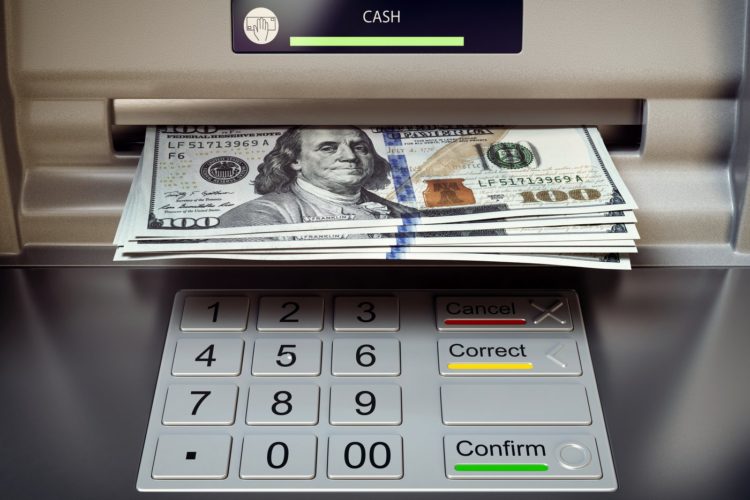
More about credit unions
Credit Unions aren’t always open to the public. According to the National Credit Union Administration, membership based on a common bond, such as an employer, group (everything from a church to a HOA may qualify you), or based on your location. Then, once you’re in, credit unions will usually allow members’ families to join.
Because credit unions don’t need to turn a profit, any interest they earn by investing your deposits is returned to members in the form of reduced fees, higher savings rates and lower loan rates. They also tend to have lower fees and higher interest rates on savings and checking accounts.
A drawback of some credit unions? They’re not always local. If there are few branches or ATMs nearby, you will have to plan your cash flow around where and when you can get cash and make deposits. For example, not all credit unions offer online deposits, so if you get a paper check, you might need to mail it in to get it posted to your account. (Find out more pros and cons here.)
Bank benefits
Banks have their advantages, too — primarily in terms of convenience.
For example, if you frequently travel or work outside of your home region and require physical access to your financial institution, a nationwide bank can be a benefit. If they have ATMs and drive-thru banking every couple of miles, that’s pretty handy.
Banks also have more money to plow into tech, including new apps and website tools. So while you can probably do all kinds things online or via your smartphone — mobile check deposit, money transfers, bill pay, search transactions, or schedule credit card and mortgage payments.
Of course, not all banks are created equally. There are the behemoth banks (think Wells Fargo, Bank of America, etc.), and there are also smaller community banks, which have a lot more in common with credit unions than their big brothers.
Which is best, banks or credit unions?
Obviously, your particular needs will determine which type of financial institution is the best fit. Don’t just automatically assume that one is correct for you based just on what we’ve written here.
Also remember that you could even set up a couple of different accounts — one with a bank, one with a credit union — to cover all of your bases.
Find out what banks and credit unions are popular in your area, and talk to people about what they like and don’t like about them. When it comes to money, the best decision is an informed decision.
More resources:
- The Consumer Financial Protection Bureau (a US government site)
- National Credit Union Administration (US government site)


